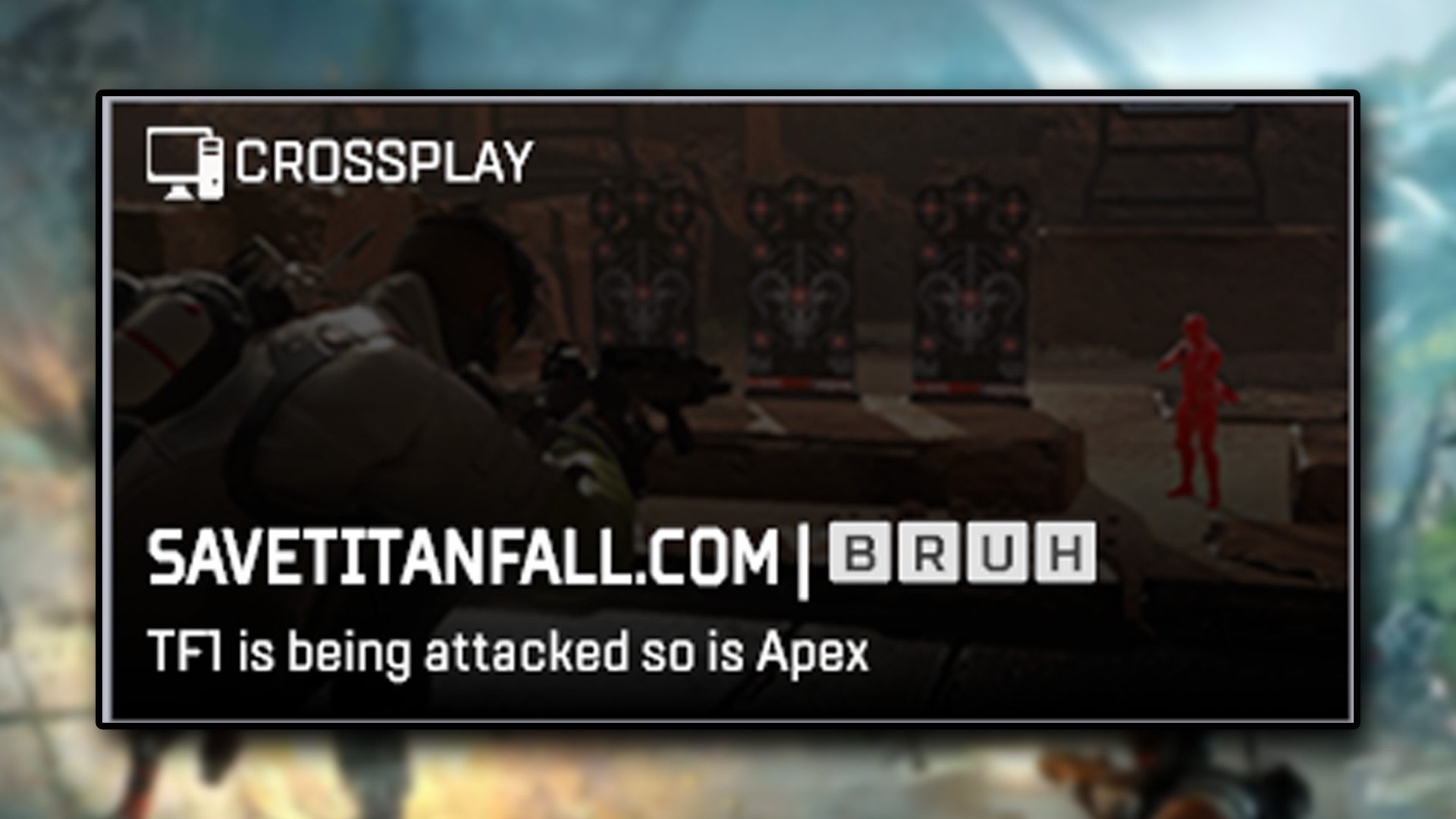

It was nominated for several end-of-year accolades. As of October 2021, the game has sold 10 million copies worldwide. The game was considered a return to form for the series critics praised the gameplay, innovation, and uses of virtual reality, but the enemy variety, boss battles and final chapter received more mixed reception. It also supports the PlayStation VR headset. Resident Evil 7 was released in January 2017 for Microsoft Windows, PlayStation 4, Xbox One, followed by a cloud version for the Nintendo Switch in May 2018 in Japan, with PlayStation 5 and Xbox Series X/S versions planned for release in 2022. Two downloadable content scenarios were released, Not a Hero and End of Zoe. The team took inspiration from the 1981 film The Evil Dead, scaled back the game to one location, and used a first-person perspective to immerse players. A year prior to its announcement at E3 2016, it was presented as a virtual reality demo called Kitchen. The development was led by Koshi Nakanishi, director of the 2012 Nintendo 3DS game Resident Evil: Revelations. Resident Evil 7 is the first full-length game to use Capcom's in-house RE Engine. It is the first main Resident Evil game to use a first-person view. Resident Evil 7 diverges from the more action-oriented Resident Evil 5 and Resident Evil 6, returning to the franchise's survival horror roots, emphasizing exploration.

The player controls Ethan Winters as he searches for his long-missing wife in a derelict plantation occupied by an infected family, solving puzzles and fighting enemies.

Resident Evil 7: Biohazard is a 2017 survival horror game developed and published by Capcom.


 0 kommentar(er)
0 kommentar(er)
